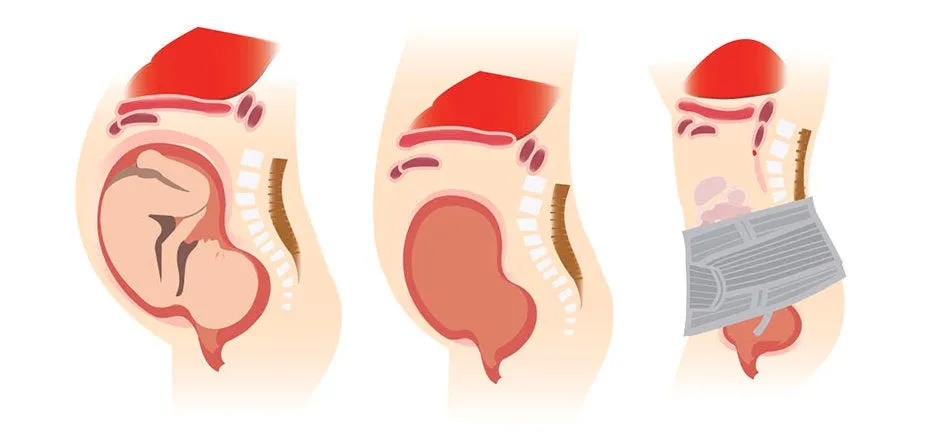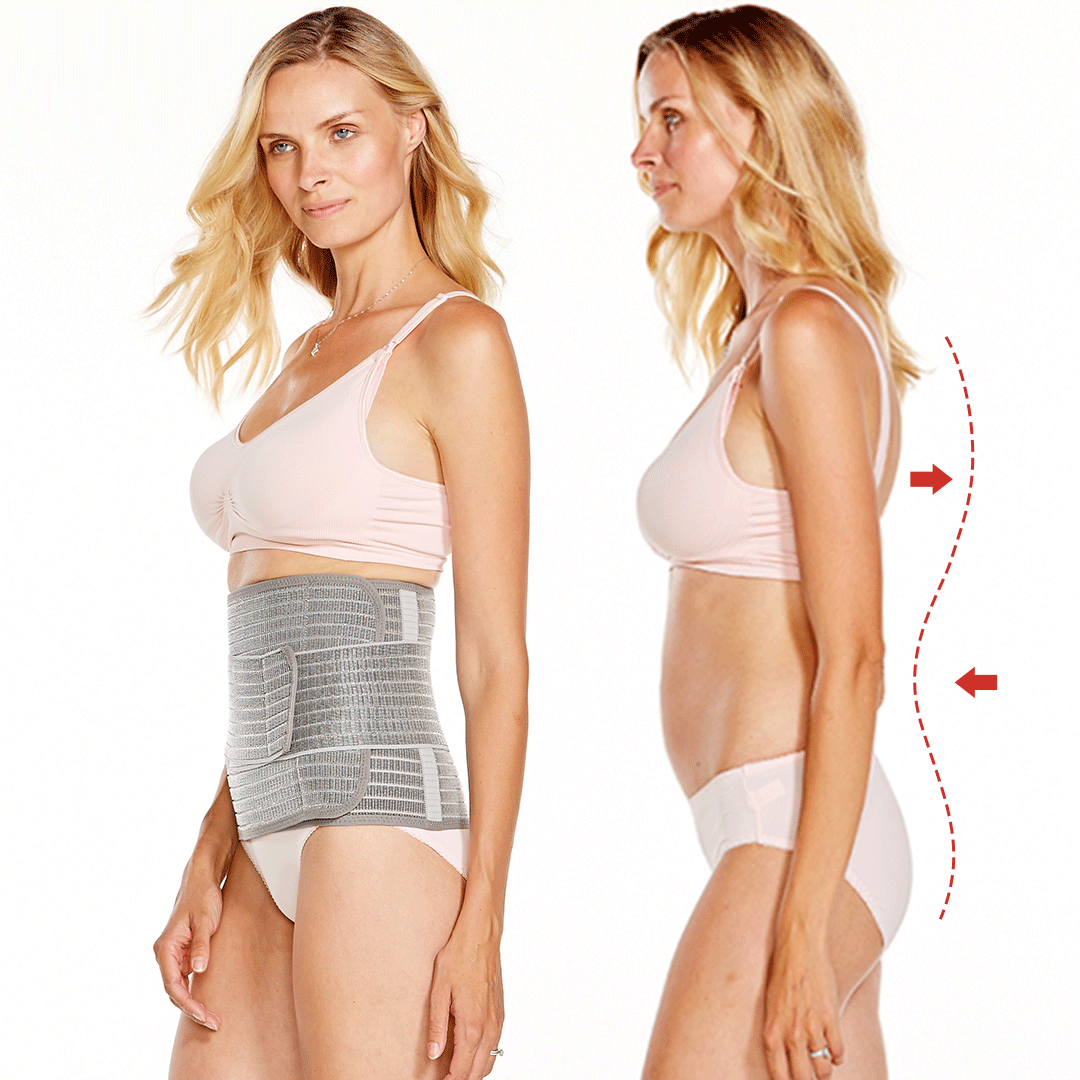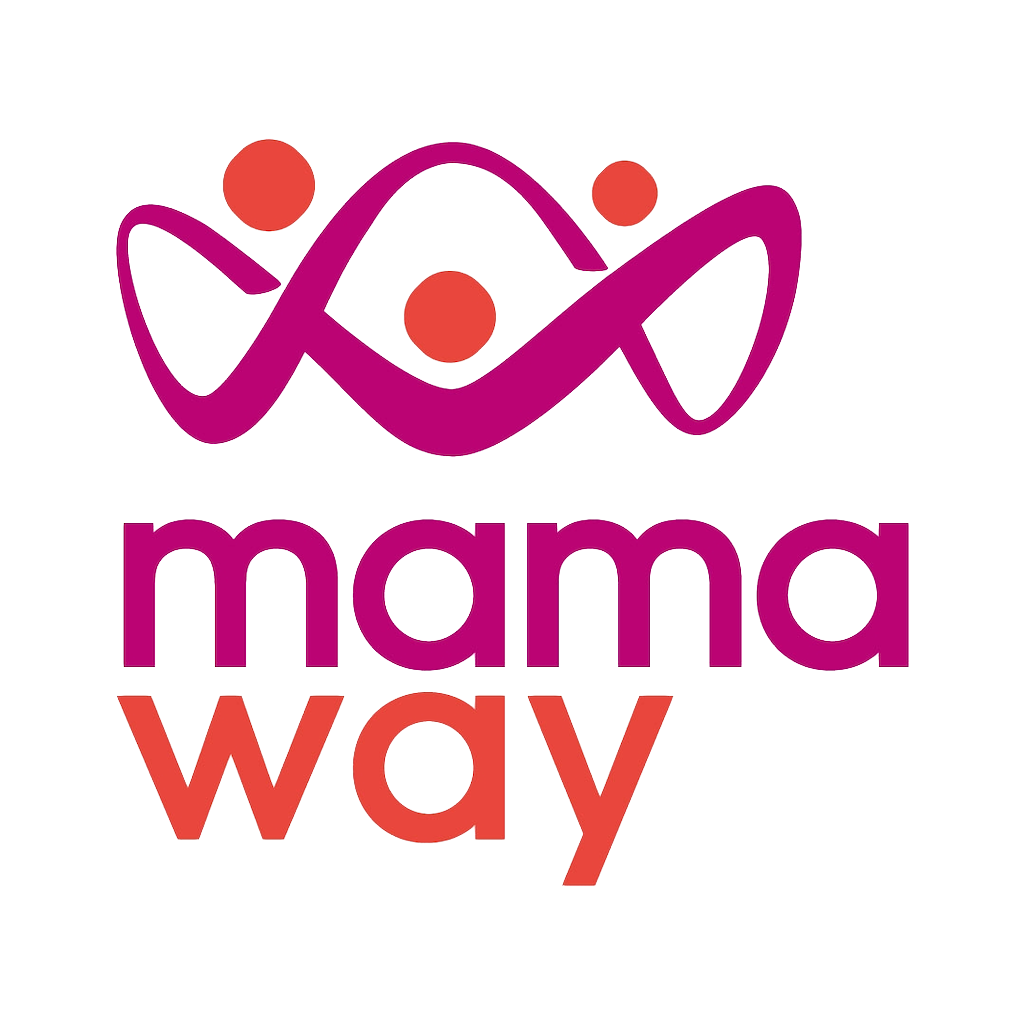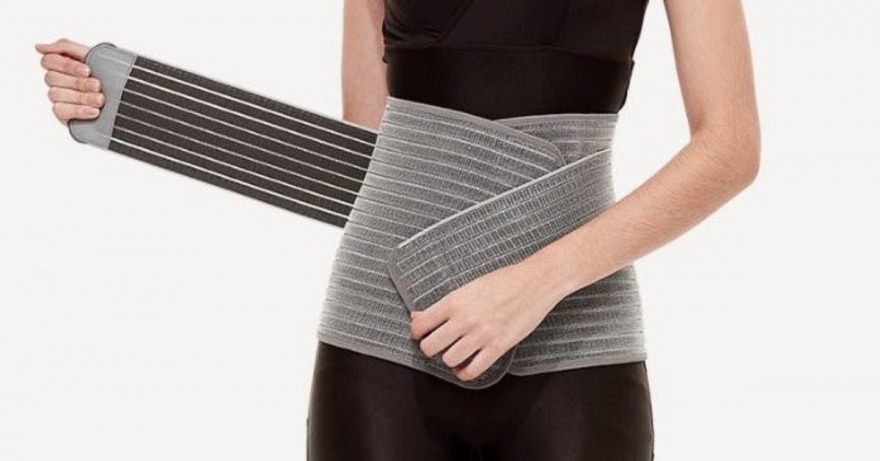I hope this article finds you feeling encouraged and affirmed about being a mum. I hope too that feeding – by breast or bottle, is off to a good start, that you’re getting ‘enough’ sleep (that’s a relative one!) and that you are delighting in your new bundle. The early months can be very unpredictable and it can be an emotional time. Sometimes super stressful too. Many of my clients, find these early weeks and months to be a real mix of delight and difficulty. You might be feeling that your baby (or perhaps our own mind/body), doesn’t quite respond the way you want or expect it to.
Can I encourage you to seek friendship with other mums, who can be with you in this journey and offer encouragement? Surround yourself with people who are kind to you, support you, and appreciate where you’re at. They should be people who you can share with, cry with and giggle with. Just as we need to pay attention to the way our minds and hearts are feeling, we need to not forget about how our bodies might be feeling as well.
So, with that in mind… how is your body feeling? Is it feeling strong or does it needs some help? Are you surprised at how heavy bub feels, even though she’s soo teeny tiny? Are you experiencing the discouragement of a failing pelvic floor? or are you experiencing aches and pains in your pelvis and back? Girls, it’s time to reclaim our physical strength! Interestingly, we know that if our bodies are going well, our minds often follow suit.
Firstly, we need to get back into some gentle exercise. Before you revert to your Pump and Pilates programs, consider talking with an Exercise Physiologist or a Physiotherapist about tailoring an exercise plan, specific to your post-natal body needs. There are some FABULOUS pilates classes out there that even invite bub to its sessions too. That’s just smart! Another suggestion would be to consider using a postnatal belly band, to offer physical support. Your body gives out so much, it’s time to prioritize putting back-in to it.
With the continued growth of the baby and uterus, during pregnancy, pressure is put on the two bands of abdominal muscles that meet in the middle of your stomach. This can cause these muscles to separate in a condition known as diastasis recti (or abdominal separation). These muscles can then separate further post-pregnancy, with heavy lifting, incorrect exercising, poor posture, and straining to go to the loo.
Client and mother of three, Claire, says “Belly bands weren’t around when I was having babies. After 3 babies in quick succession, and with mild scoliosis diagnosed as a child, my back really suffered, post-pregnancy. I got used to the years of referred neck pain and taking anti-inflammatory medication. My headaches continue.’
I feel so sorry for this woman! This pain was due to her abdominal separation. She really could have benefited from a tailored exercise regime and a good belly band. Well, the good news is that these belly bands can and should be used during the post-natal period also.
What is a belly band?

A belly band is a reinforced garment used to support the abdominal muscles so that your uterus, abdomen, pelvis, and spine are supported by its compression. Yay!!
Keep an eye out for a post-natal belly band that covers these important factors:
It should be adjustable and breathable!
You will be losing some weight, but not all of it, because your clever body knows to hold onto some of its fat stores for vital hormone and milk production (whether you like it or not!). Make sure you can fully adjust your belly band.
And it must be breathable. This is essential because we continue to perspire and over-heat more easily for the first few months. As it turns out, we’ve got milk production occurring, and producing milk is a tough gig. We’re also losing a lot of that excess fluid that’s been hangin’ around on the inside. This mum role is a sweaty one and we don’t want to feel gross.
It should be light-weight and non-irritating
The client, Lucy, says, ‘After my c-section, my scar was very sensitive. I wore a belly band, that gave me enough support but irritated my scar tissue. I ended up just wearing it when I absolutely had to’.
It should support and stabilize your pelvic floor
Xanthe, the personal trainer, and mother to four boys states: ‘After my twins were delivered, my heart was full, but my belly felt, what could best be described as, empty. I noticed that I was having to be much more conscious about switching on certain muscles to protect my body, and this was tiring and a bit scary. As a personal trainer, I could see that the road to recovery would be longer than I anticipated.
It should mold to your post-pregnant bodies
Derr… it’s just obvious.
It should provide the best physical support and aid your recovery
Did you know that directly after giving birth, your womb is still hard and round and weighs about 900 grams? Your uterus will be working hard, contracting (I know! you thought they were over!) so that it can get back to its original size and so the rest of your organs, which were moved during pregnancy, can return to their rightful place too. Make sure your lower abdomen gets the support it needs, whilst your body recovers.
Also, look for something that offers an increase in blood circulation, this too will aid your recovery.

It should offer you the best physical support

I remember conversing with a client a few years back. She was expressing the frustration of having to live with constant pain due to muscle weakness. She was fast becoming a candidate for a vast array of chronic muscular and skeletal pain. None of this was to mention the tens of thousands of dollars that were heading straight into the bank accounts of physiotherapists, remedial masseuses, and chiropractors. She needed support.
It should be TGA (Therapeutic Goods Administration) Approved
If you’re going to wear one of these things, it may as well be approved by the professional medical bodies that will ensure it really achieves what it says it can. The only way to do this is to check that it’s TGA approved. This one is a must!
There’s a lot to consider when we first have a baby, but there is a big cost, and for the most part, that is parenting. We do need to make sure though that this role is not at the expense of our own health – mind, and body. We need to remember to look after ourselves too.
We lovingly and willingly give out a lot, as mothers. We can’t do it any other way, and there are a great benefit and insurmountable value that comes from all of our efforts. Regardless of whether it’s tangible, or if we can even see it at the time, you and your role are of great meaning and there is infinite value in all that you do. The Mother Marathon truly is a delightful and difficult one.
Sending you hugs through the ether and hoping that some of this info might be helpful.


Leave a Reply